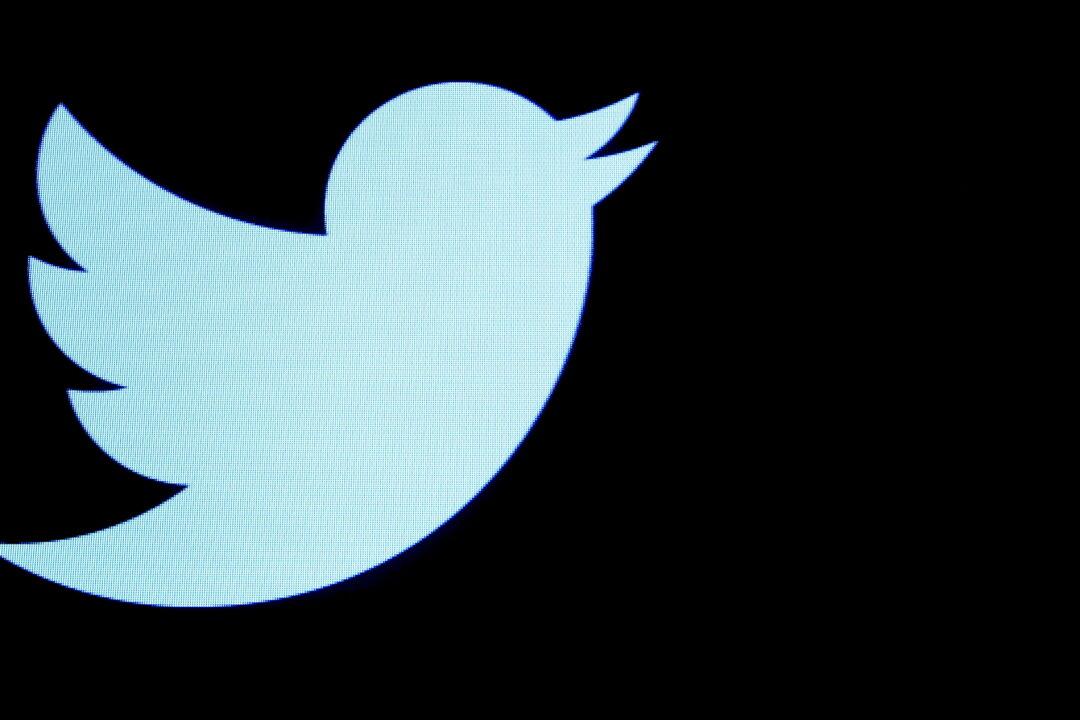LONDON/LAGOS—Nigeria expects to lift its ban on Twitter before the end of the year, Information Minister Lai Mohammed told Reuters on Thursday, adding that the government was awaiting a response on three final requests made of the social media platform.
The ban, announced in June, has hurt Nigerian businesses and drawn widespread condemnation for its deleterious effect on freedom of expression and the ease of doing business in Africa’s most populous nation.





